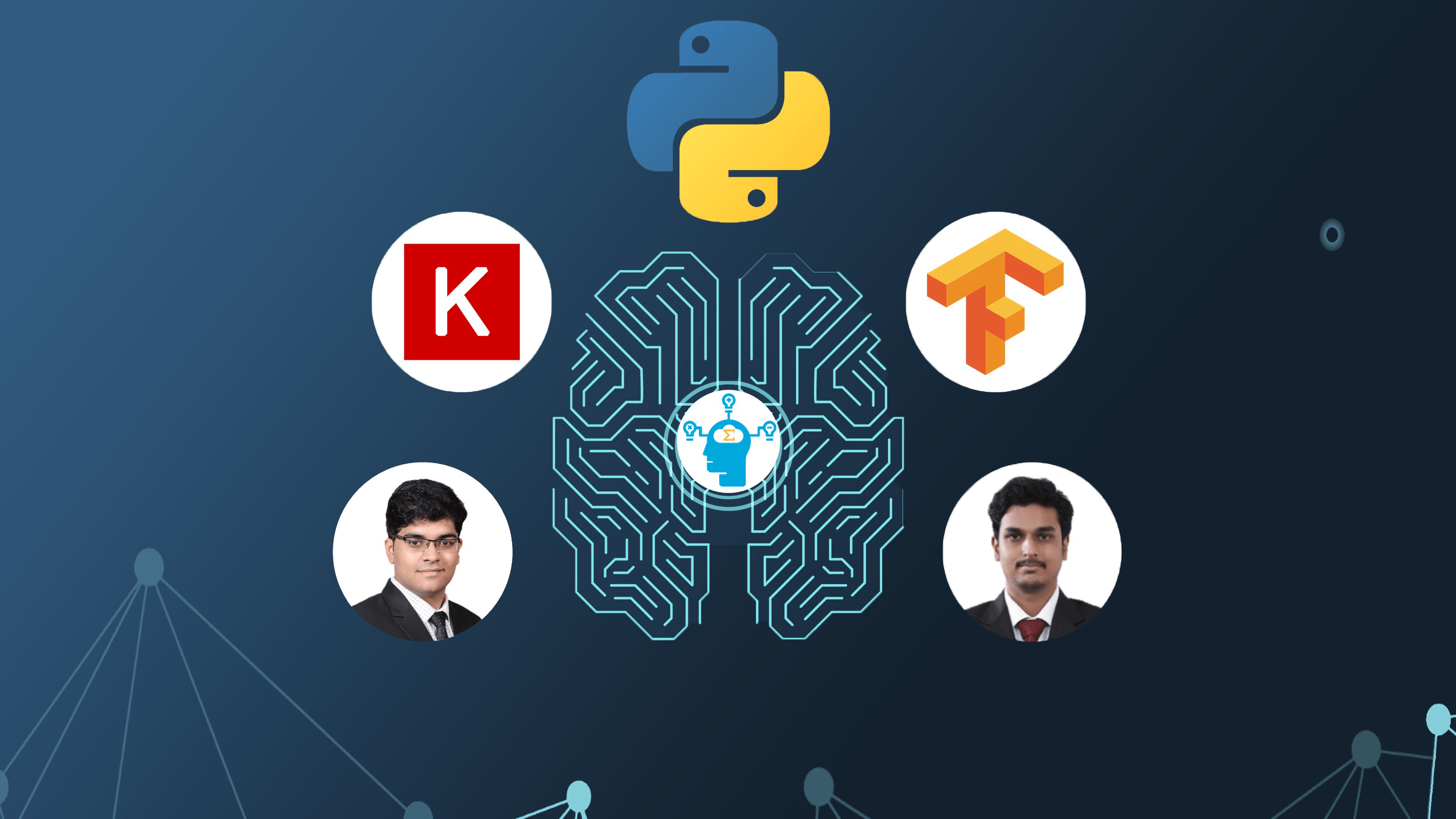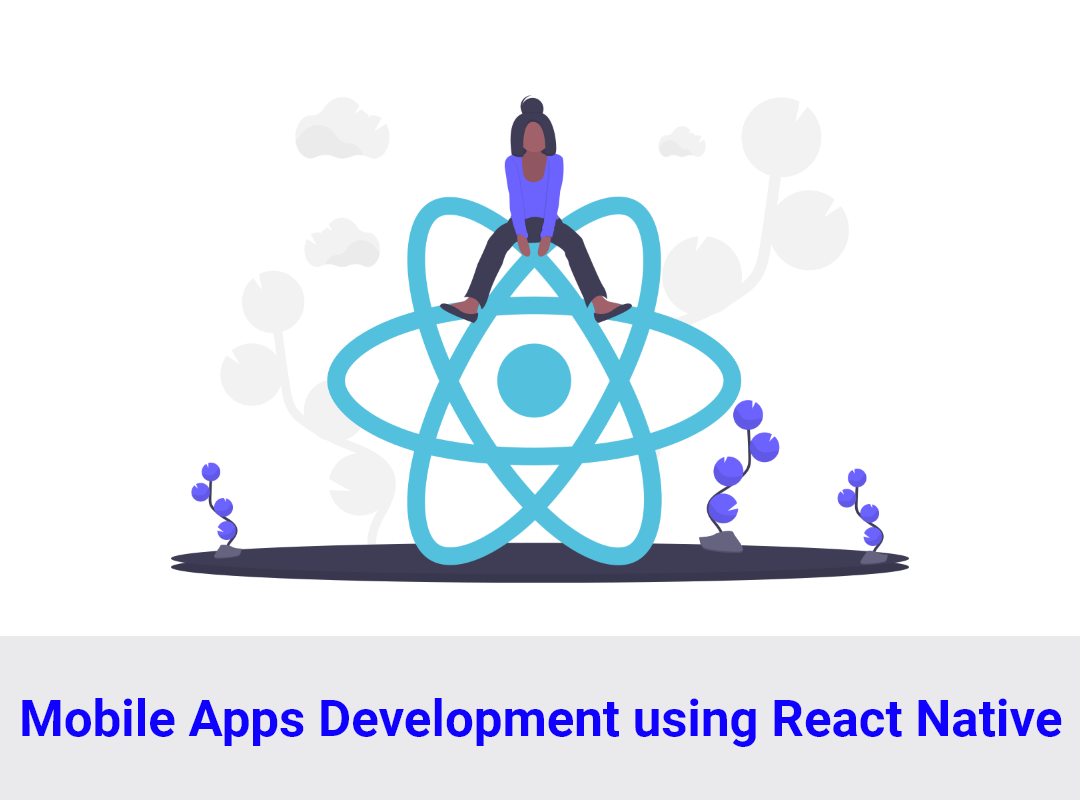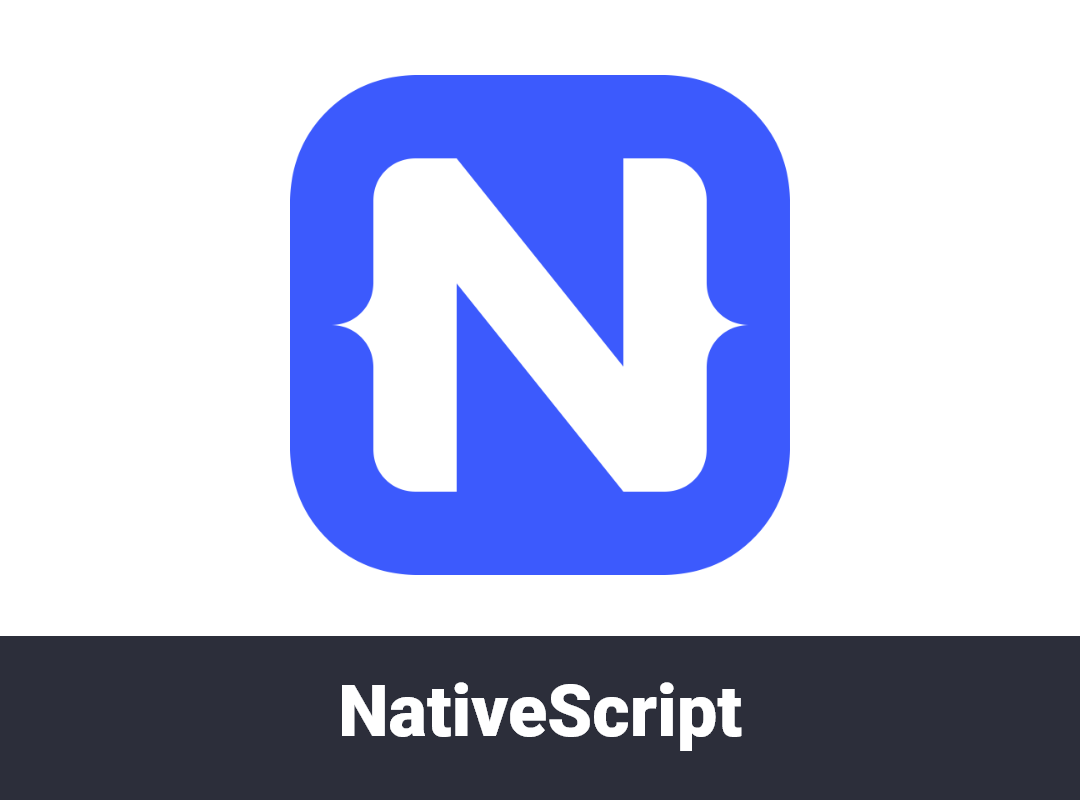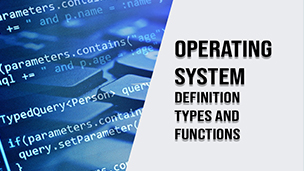The rapid advancement of technology in the 21st century has been largely driven by computer science, with Artificial Intelligence (AI) standing out as one of the most transformative innovations. AI is revolutionizing industries, from healthcare to finance, and reshaping how businesses and individuals interact with technology. The rise of AI is deeply rooted in the foundations of computer science, which provides the algorithms, frameworks, and computing power necessary to develop intelligent systems. This article explores how computer science is driving the AI revolution, examining the role of key concepts such as machine learning, data analysis, neural networks, and ethical considerations in shaping the future of AI.
Top Courses in Computer Science Engineering
More Courses With Certification
The Foundation of AI in Computer Science
At its core, artificial intelligence relies heavily on algorithms, data structures, and computational theories, all of which are fundamental components of computer science. The ability to process vast amounts of data efficiently is crucial for training AI models, and this is where computer science plays a vital role. By leveraging techniques such as machine learning and deep learning, computer scientists can create systems that improve their performance over time through experience.
One of the fundamental areas where computer science influences AI is in algorithm development. Algorithms are the step-by-step instructions that guide AI systems in processing information and making decisions. These algorithms are designed using computer science techniques that allow AI to analyze large datasets, recognize patterns, and generate predictions.
Key Contributions of Computer Science to AI
Algorithm Development:
The creation of sophisticated algorithms is essential for AI applications. These algorithms allow machines to examine data, identify trends, and make predictions. For instance, algorithms used in natural language processing allow computers to understand and generate human language, facilitating advancements in virtual assistants and chatbots.
Data Management:
The explosion of data in the digital age has necessitated robust data management techniques. Computer science provides the tools and methodologies for collecting, storing, and processing large datasets, which are critical for training AI models. Big data technologies, such as Hadoop and Spark, are examples of how computer science supports AI by enabling the handling of massive amounts of information efficiently.
Computational Power:
The development of powerful computing hardware, including GPUs and TPUs, has been driven by advancements in computer science. These technologies allow for the parallel processing of data, significantly speeding up the training of AI models. As a result, complex AI applications, such as image and speech recognition, have become feasible and widely adopted.
Interdisciplinary Collaboration:
Computer science fosters collaboration across various fields, including neuroscience, psychology, and linguistics. This interdisciplinary approach enriches AI research and development, leading to more sophisticated models that can mimic human cognitive functions. For example, insights from neuroscience have influenced the design of neural networks, which are foundational to many AI systems.

The Impact of AI on Industries
The influence of AI, powered by computer science, is evident across numerous sectors:
- Healthcare: AI algorithms are being used to analyze medical data, assist in diagnostics, and personalize treatment plans. Machine learning models can predict patient outcomes based on historical data, improving the quality of care.
- Finance: Artificial intelligence is used in the financial sector to detect fraud, analyze risk, and trade using algorithms. By analyzing transaction patterns, AI systems can identify anomalies that may indicate fraudulent activity.
- Transportation: The development of self-driving vehicles is mainly reliant on AI technologies. Computer vision and sensor data processing, both rooted in computer science, enable vehicles to navigate and make real-time decisions.
- Retail: Artificial intelligence improves customer experiences through personalized recommendations and inventory management. Retailers use AI to analyze consumer behavior, optimizing their marketing strategies and improving sales.

The Role of Programming Languages in AI Development
Programming languages are the tools that bring AI concepts to life, and computer science has been instrumental in developing and optimizing these languages for AI applications. Languages like Python, Java, and C++ have become the standard for AI development, offering robust libraries and frameworks that simplify complex AI tasks. Python, in particular, has gained popularity for its simplicity and readability, making it a favorite among data scientists and AI developers.
Computer science has also contributed to the creation of specialized AI libraries and frameworks, such as TensorFlow, PyTorch, and Keras, which provide pre-built modules for building neural networks, training machine learning models, and deploying AI applications.
Challenges and Future Directions
Despite the remarkable progress, the integration of AI and computer science also presents challenges. Data privacy, algorithmic prejudice, and the ethical implications of AI decision-making all need to be carefully considered. As AI systems become more autonomous, ensuring transparency and accountability in their operations is crucial.
Looking ahead, the future of AI will likely see even deeper integration with computer science. Emerging technologies, such as quantum computing, hold the potential to revolutionize AI by enabling faster processing and more complex problem-solving capabilities. Additionally, advancements in natural language processing and computer vision will continue to enhance human-computer interactions, making technology more accessible and intuitive.

Check out our latest article: What Makes a Full Stack Developer Course Worth Your Time?
Get Courses: free online courses with certificates
Conclusion
Computer science is undeniably driving the artificial intelligence revolution, providing the foundational tools and methodologies that enable AI to thrive. As industries continue to adopt AI technologies, the collaboration between computer science and AI will only deepen, leading to innovative solutions that address complex challenges. For those interested in exploring the intersection of computer science and AI, easyshiksha.com offers valuable resources and courses to help individuals enhance their skills and knowledge in this dynamic field. For more insights, visit easyshiksha.com.





















































































































